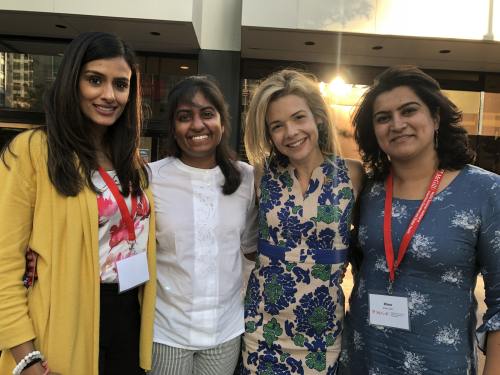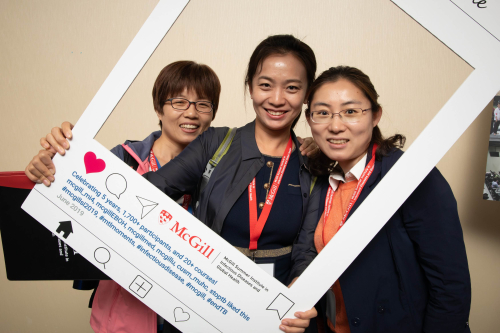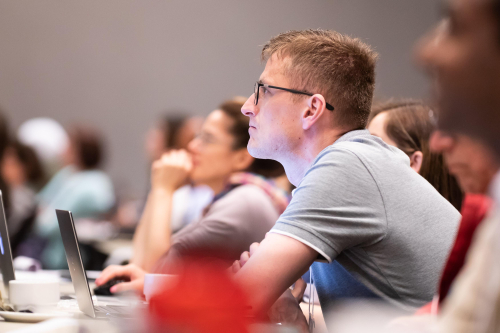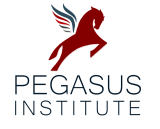We are thrilled to celebrate the tenth anniversary of the Summer Institutes in 2025! Over the past decade, we have proudly delivered short courses designed for students and professionals alike. In 2025, we will offer 16 courses in a combination of online, in-person, and hybrid formats. These courses provide valuable professional development opportunities for individuals working in universities, clinical settings, research institutes, non-profit organizations, and industry. They also serve as excellent supplemental learning for students eager to deepen their knowledge.
Registration now open for the 2025 McGill Summer Institutes in Global Health
The 2025 courses page and the FAQ section are available to learn about the course offerings, content information, speakers, and dates of each course.
























